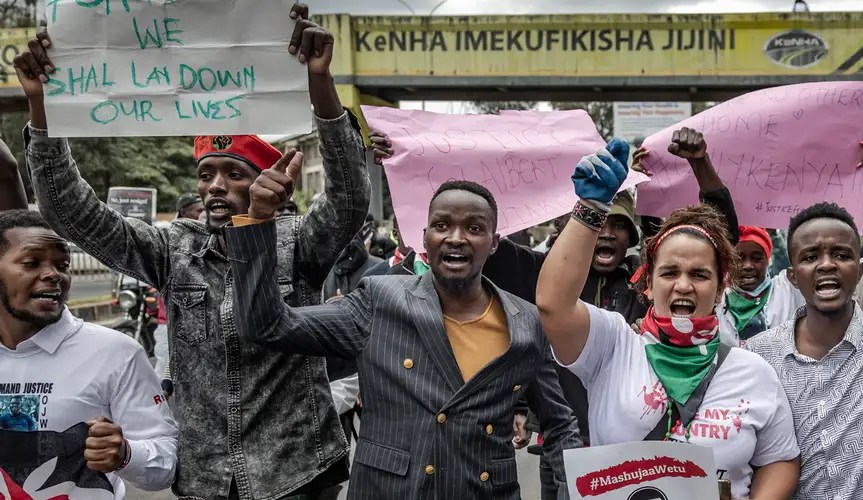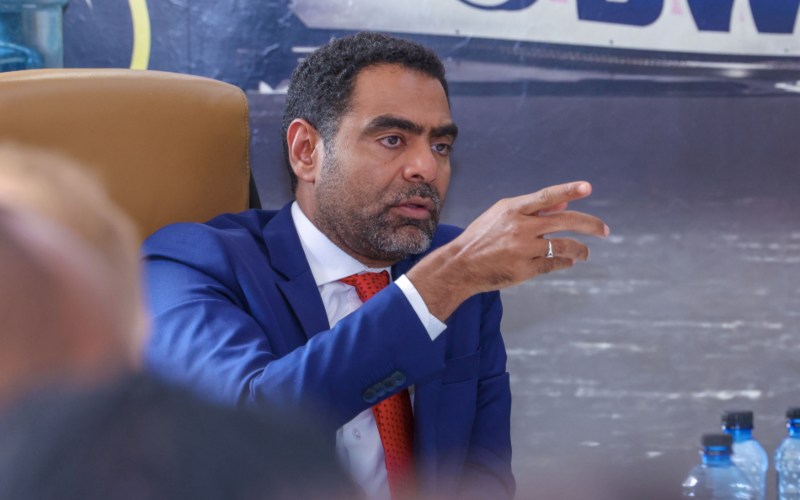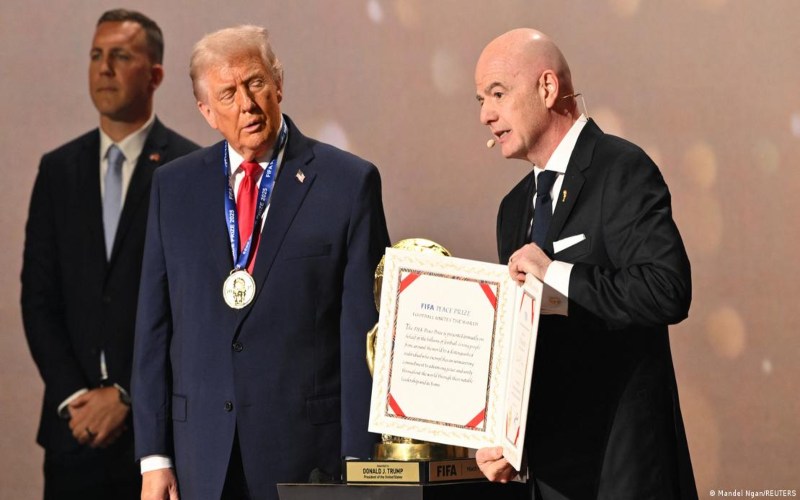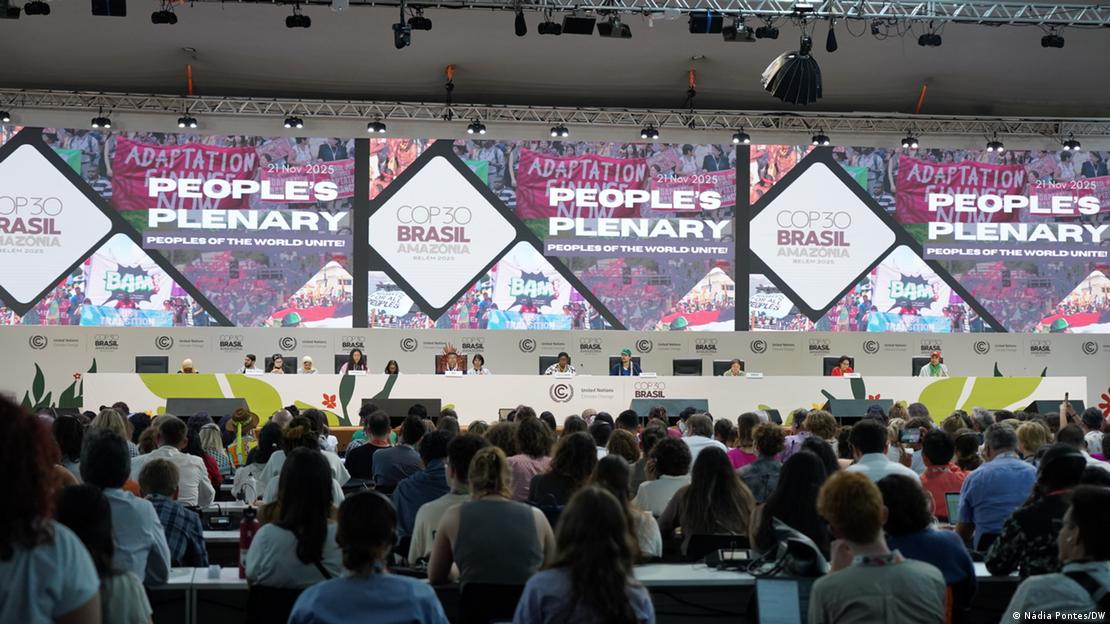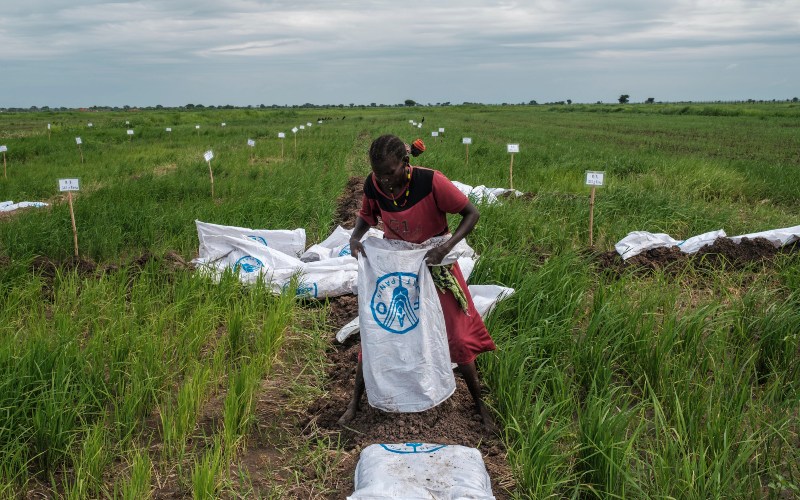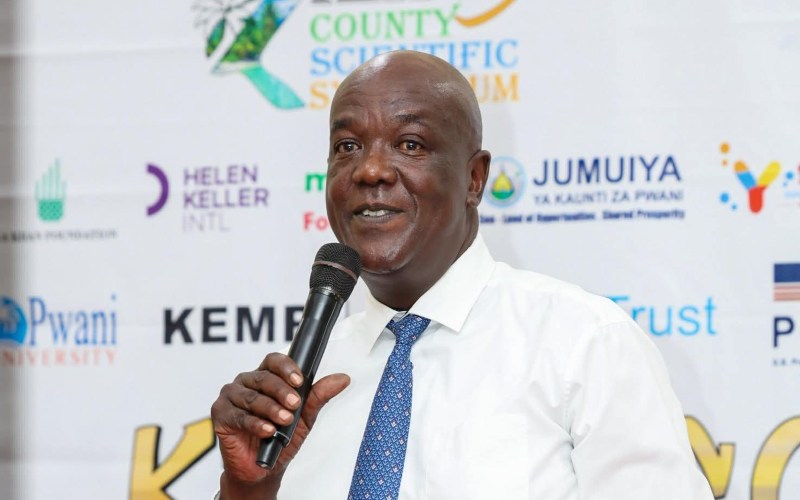Senator Ali Roba’s UDM Party seeks to catapult northern Kenya to national politics
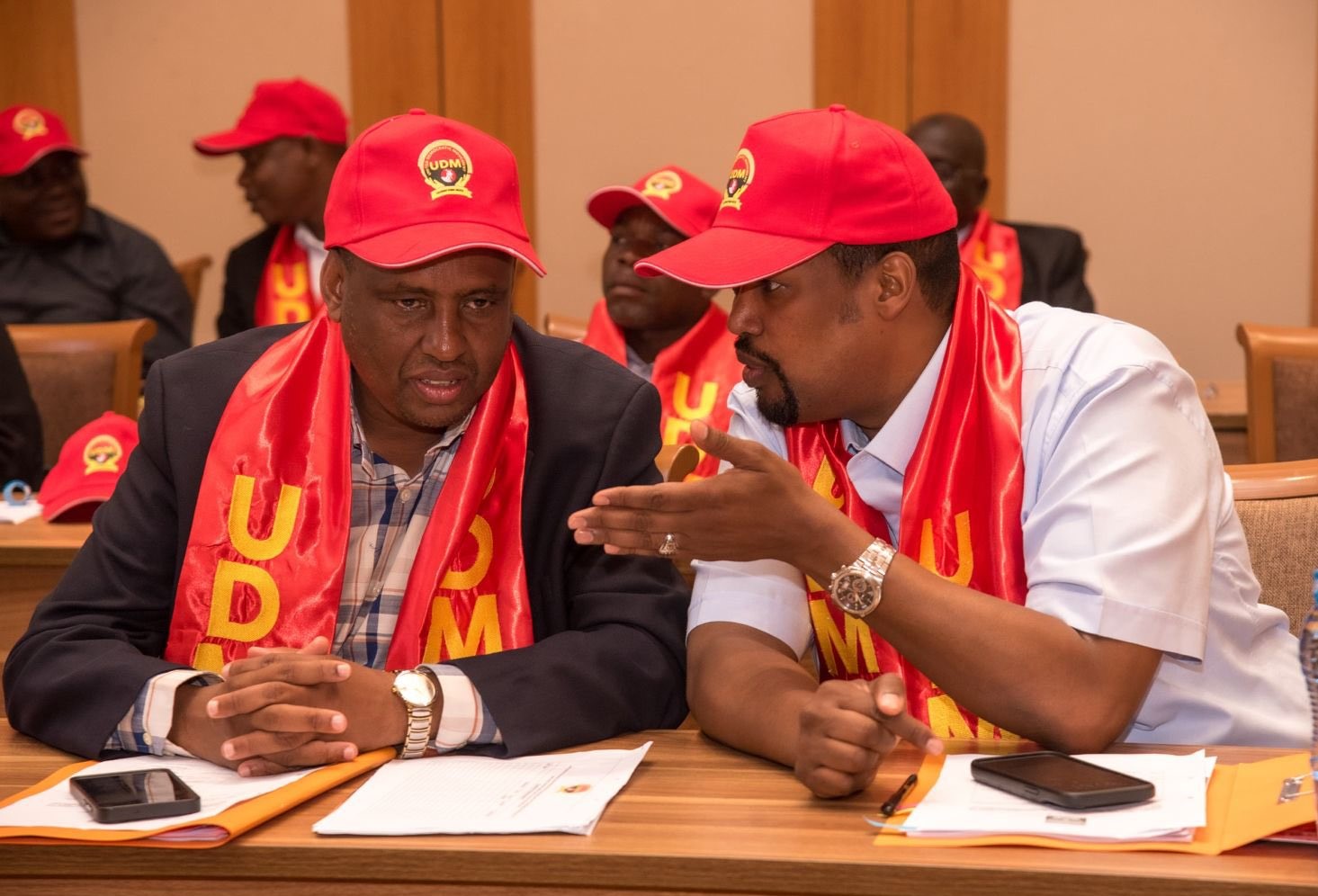
The opening of the Mandera offices marked a significant step for the party in solidifying its presence and influence in the region.
After the United Democratic Movement (UDM) stamped its authority in northern Kenya in the last general election by winning a majority of seats in Mandera County, the party began using its unexpected triumph to dominate the region politically.
In January this year, the party, which is led by Senator Ali Roba, began to consolidate support in the region by opening offices in Mandera County, with plans to spread its wings across the country. The party announced that the primary objective of the newly opened offices was to undertake a robust membership drive.
More To Read
- Banisa by-election enters final stretch as UDA, UPA candidates intensify campaigns
- Mandera blast destroys home, sparks fear amid Somali border clashes
- Senator Ali Roba urges urgent action to protect Mandera from Somalia border clashes
- Isiolo MCAs return to tense assembly as failed governor’s impeachment triggers leadership changes
- Revenue talks stall as Senators warn of crisis in counties
- Mandera leaders visit Banisa to de-escalate tension following killing of six family members
"UDM is an old party, similar to other parties in Kenya, and we are determined to open more offices to ensure a smooth membership drive," stated Ali, who urged his supporters to join the party which he sees as the political force of the northern region.
Ali said he formed the party to champion the interests of the people of northern Kenya. According to him, the era of the region affiliating with other parties is over. He stressed the importance of supporting a party whose leadership is known and trusted.
Despite being initially registered in 1989, UDM gained prominence in the months leading up to the 2022 general election.
Notably, during the by-elections in Garissa Township, UDM gave stiff competition to the ruling UDA party, showcasing its growing influence.
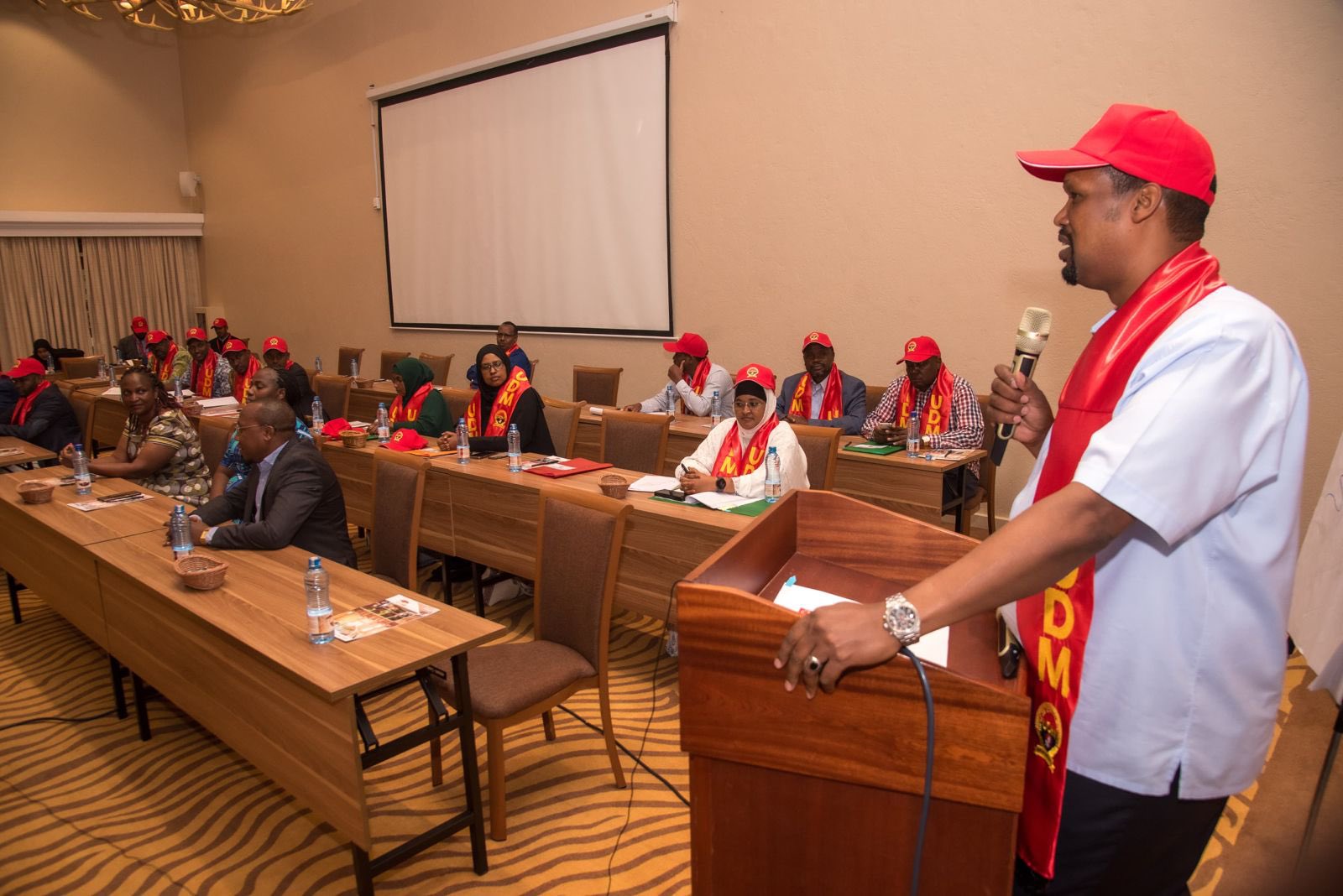 UDM Party Leader Senator Ali Roba during the National Executive Committees (NEC) of UDM Party Kenya in Naivasha on February 7, 2024. (Photo: UDM Kenya)
UDM Party Leader Senator Ali Roba during the National Executive Committees (NEC) of UDM Party Kenya in Naivasha on February 7, 2024. (Photo: UDM Kenya)
The party’s bid to edge out other political parties from the frontier region has attracted the attention of political observers. Political commentator Javas Bigambo says Ali’s bid is achievable, but adds that the former governor has a herculean task of making the party have a national appeal.
“For Ali Roba to make the party acceptable in his northern backyard, he should aim at nationalising it so that his supporters know that they are positioned to be at the same place where other notable parties are negotiating power,” says Bigambo.
Power makers
His view is supported by Mark Bichachi, another political commentator who argues that Ali is just applying a lesson many Kenyan politicians have learnt since 2022. That lesson is that there is a need for a political party with elected leaders who can be invited to the high table.
“Because our elections are regionally centred and every vote counts, leaders with political parties controlling regions are power makers.”
Ali has been positioning himself as the region's political figurehead, with other political players aligning with either the ruling party or the opposition. The opening of the Mandera offices marked a significant step for the party in solidifying its presence and influence in the region.
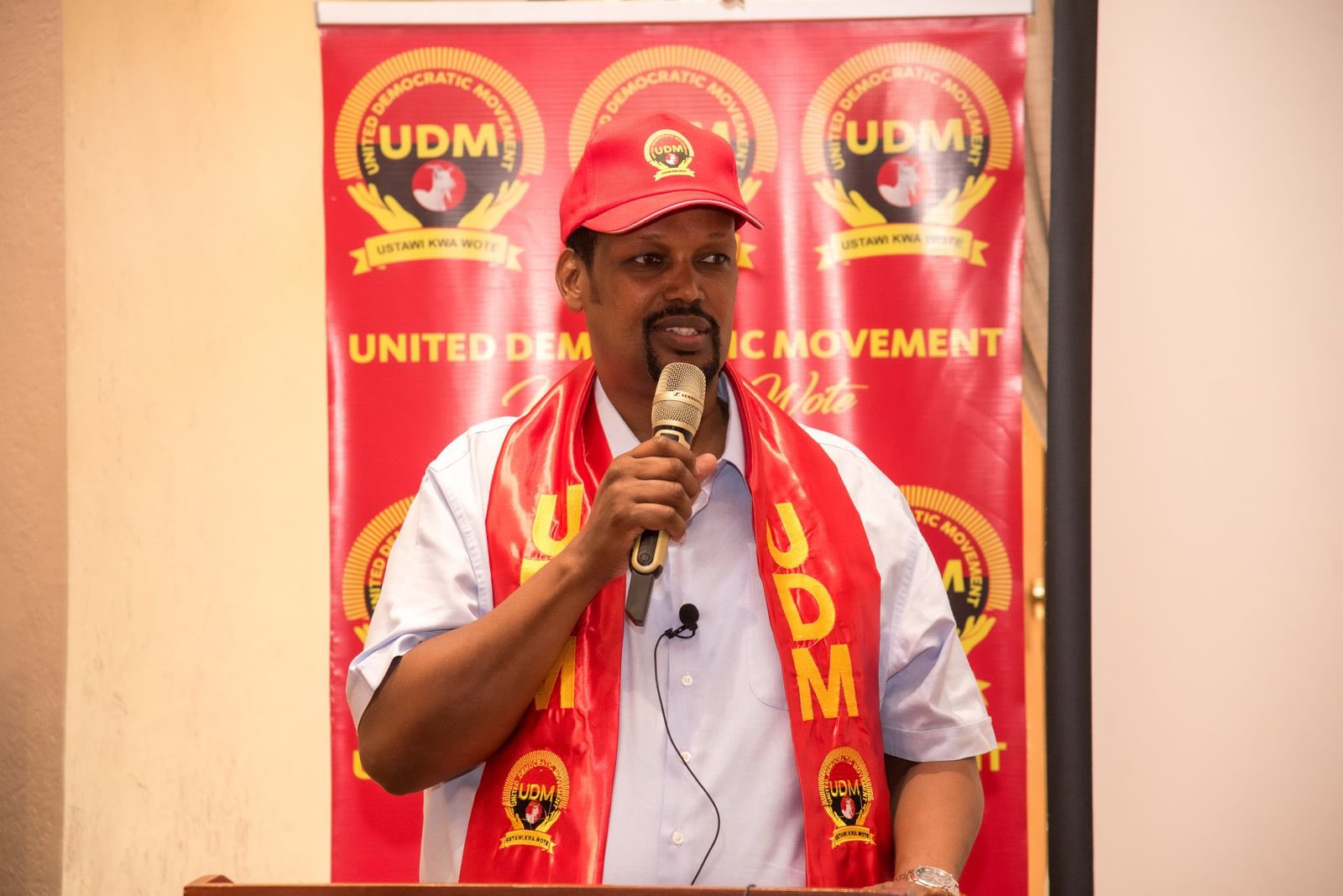 UDM Party Leader Senator Ali Roba during the National Executive Committees (NEC) of UDM Party Kenya in Naivasha on February 7, 2024. (Photo: UDM Kenya)
UDM Party Leader Senator Ali Roba during the National Executive Committees (NEC) of UDM Party Kenya in Naivasha on February 7, 2024. (Photo: UDM Kenya)
In the last elections that saw major parties such as the Orange Democratic Movement (ODM) and President William Ruto's United Democratic Alliance (UDA) pitch tent in the region seeking to have a share of the votes, Ali’s party stamped its authority in Mandera politics by winning a majority of elective seats.
Out of the six constituencies, UDM won four seats in Mandera North, Mandera South, Mandera West and Banissa.
Only two voting units went to other parties with ODM’s Hussein Weitan winning the Mandera East seat and Mohamed Abdikheir of Jubilee clinching the Lafey seat.
“As a party, we are growing in leaps and bounds. As we speak today, we have two governors, two senators, eight MPs, two speakers and 64 MCAs. In total, we have one million votes. That tells you that we are the 5th strongest party in Kenya,” Ali says.
The senator’s scheme is to have all elective seats in the northern frontier counties taken by his UDM party. He began this campaign after the Garissa Township seat fell vacant after former MP Aden Duale was nominated as the Cabinet Secretary for Defence.
Swing vote
In the last general election, the scramble for the over two million northern Kenya votes went a notch higher, with key proponents scheming to lock elective seats under their respective parties.
There were three formations in the region as politicians sought to control the emerging swing vote, especially in the presidential election. On one side was Ruto, scheming to lock seats under his UDA party, through a faction led by Duale.
Duale has been the patron of the pastoralists parliamentary group formed in 1988 to align the pastoral communities’ agenda with the national political processes. It brings together 15 counties and 66 parliamentary constituencies. There was then a separate group dubbed Upya led by former Treasury CS Ukur Yattani and Eldas MP Adan Keynan.
Other parties in the region include the Economic and Freedom Party domiciled in Mandera County, Frontier Alliance Party (FAP), and Kenya United Party (KUP) which was unveiled by former West Pokot governor John Lonyangapuo and Pokot South MP David Pkosing.
Currently, UDM is having a working arrangement with Ruto’s UDA Party. The decision by UDM to join the Kenya Kwanza alliance made the president have a majority of lawmakers in the Senate, the National Assembly and the Council of Governors.
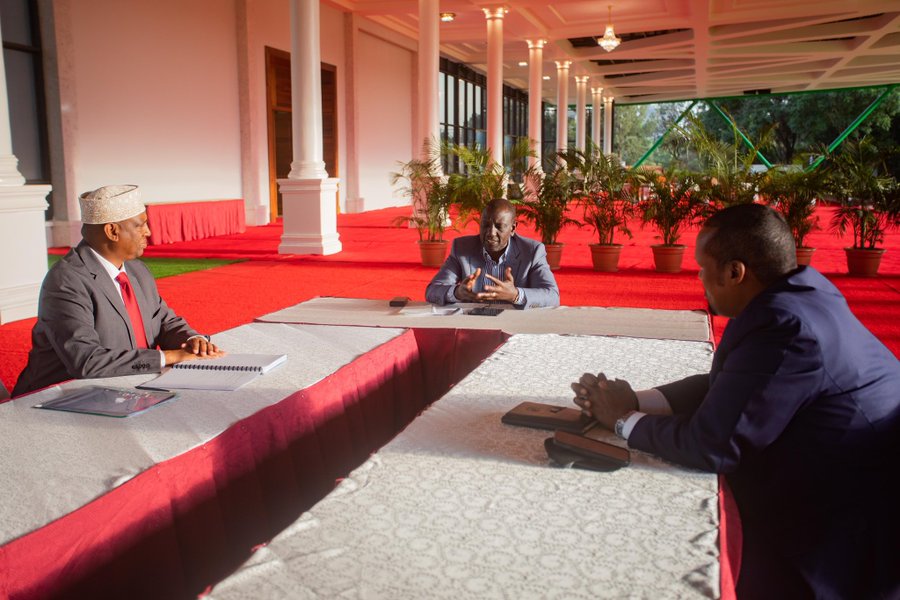 Mandera Governor Mohamed Mohamud Ali, President William Ruto and Senator Roba Ali during a meeting on January 31, 2024. (Photo: UDM Kenya)
Mandera Governor Mohamed Mohamud Ali, President William Ruto and Senator Roba Ali during a meeting on January 31, 2024. (Photo: UDM Kenya)
According to Mandera South MP Abdul Haro, the party is taking its growth in the region seriously. Last week, it held a housekeeping meeting.
“The United Democratic Movement disciplinary committee had its first meeting for some housekeeping engagement and developing an annual work plan until December 2024. Isiolo, Marsabit, Wajir and Garissa counties are amongst our highest priority engagement areas,” he said.
The party’s Nominated MP Suleikha Harun has been leading rallying calls to have residents of the region ditch other parties and back UDM. While at a political meeting in Wajir, she said the people of northern Kenya can no longer seek development from other parties but on their own formation.
“UDM is the party of our region. We want to build it so that it serves the interests of our people,” she said.
The MP urged women in Wajir and in northern Kenya to join the party.
Top Stories Today
